

Following our own standards in running our entire operations in a safe, sustainable and eco-friendly
environment, Mac is eager to be annually audited in order to cover all ethical, social, technical
and CTPAT requirements.
Mac is certified in all aspects of the industry with 17 certificates that ensures high quality
products, maximum safety facilities and supply chain security and most sustainable business
operations.

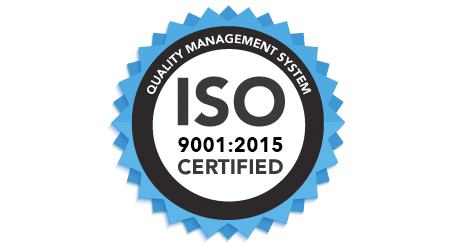
ISO 9001 is defined as the international standard that specifies requirements for a quality management system (QMS). MAC CARPET uses the standard to demonstrate the ability to consistently provide products and services that meet customer and regulatory requirements.
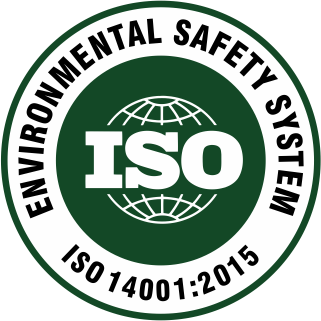
ISO 14001 Environmental Management System (EMS) is a systematic framework to manage the immediate and long-term environmental impacts of MAC CAREPT products and processes. By completing ISO 14001 certification MAC can assure stakeholders that your environmental management system meets international industry specific environmental standards.
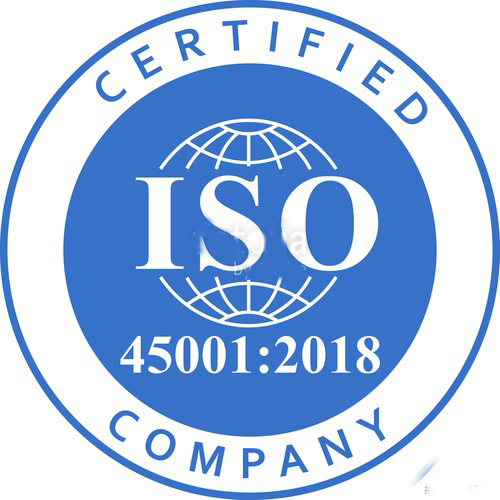
ISO 45001 is an International Standard that specifies requirements for an occupational health and safety (OH&S) management system, with guidance for its use, to enable MAC CAREPT to proactively improve its OH&S performance in preventing injury and ill-health. ISO 45001 enables MAC, through its OH&S management system, to integrate other aspects of health and safety, such as worker wellness/wellbeing.
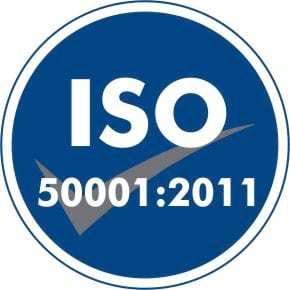
ISO 50001 Energy Management System certification provides a framework for establishing energy management best practice to help MAC to improve their energy efficiency and make a return on investment by implementing ISO 50001. The standard enables MAC to establish the systems and processes necessary to improve energy performance including energy efficiency, use and consumption.
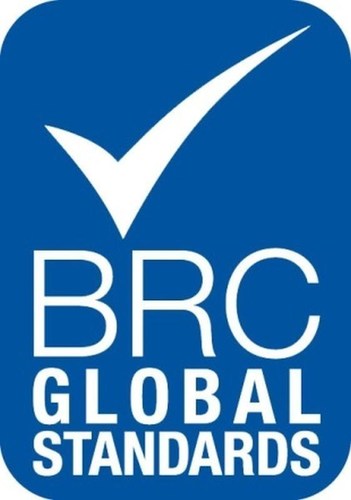
MAC is certified BRC issue 4 certificate. The Standard sets out the requirements for the production and supply of safe and legal consumer products of consistent quality. The products may be retailer-branded (private label), branded or unbranded for use by other organisations.
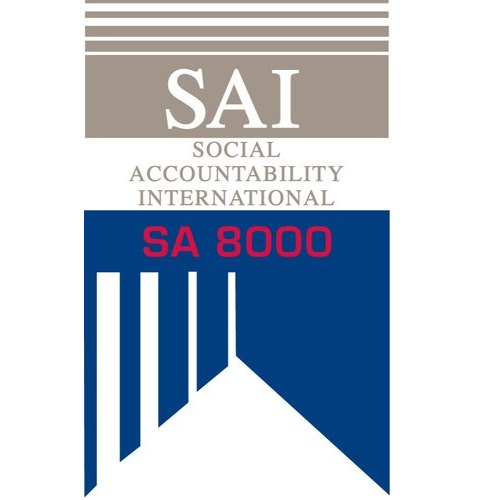
MAC comply with All International Labour Organization ILO requirements & international – local Workers lows though apply SA8000:2014 requirements.
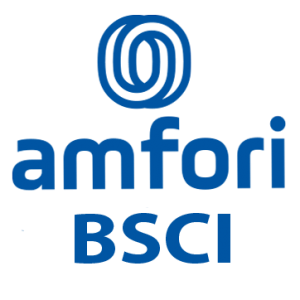
The amfori BSCI is based on the labor standards of the International Labour Organization (ILO) and other important international regulations like the UN Charta for Human Rights, as well as on national regulations. This initiative aims at continuously improving the social performance of suppliers, ultimately enhancing working conditions in factories worldwide.
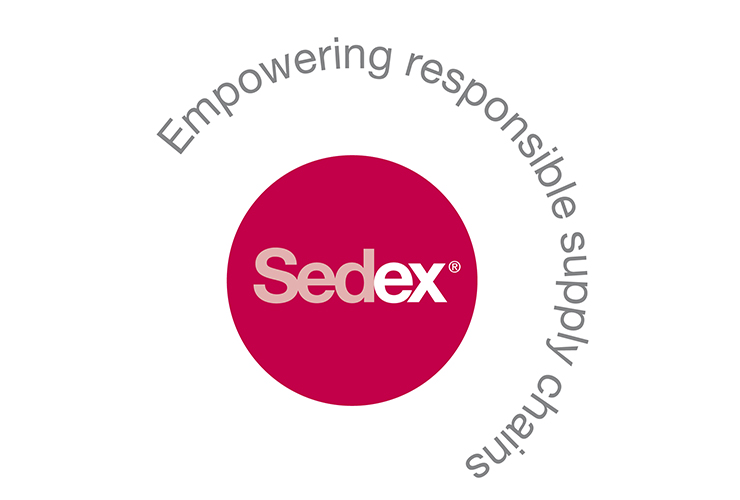
MAC is a member of Sedex, a global membership organisation that prides itself on making it simpler to do business that is good for everyone and one of the world’s leading ethical trade service providers, working to improve working conditions in global supply chains helping companies to improve their responsible and sustainable business practices, and sources responsibly.
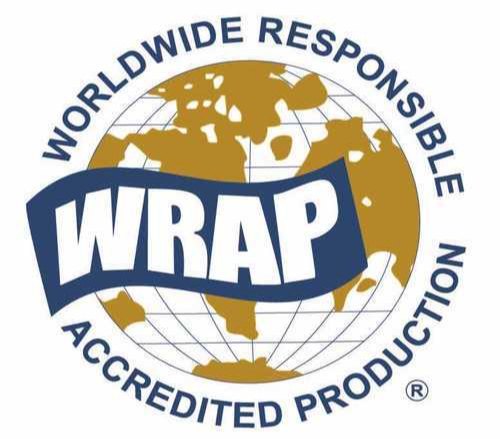
Mac is a WRAP certified facility, which means much more than simply passing an audit. We take a collaborative approach to social compliance certification in which we work with our facilities to ensure that they remain in compliance with WRAP 12 Principles.
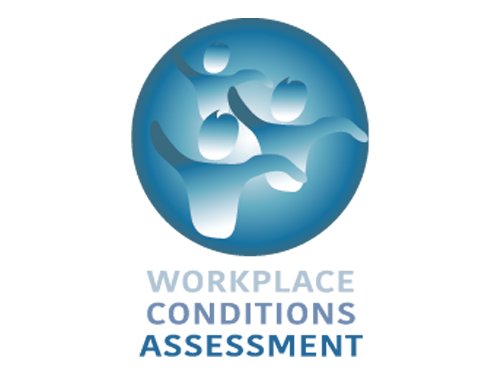
Mac is WCA certified, The Workplace Conditions Assessment (WCA) program provides a powerful, cost-effective solution for companies and facilities seeking to improve workplace conditions efficiently and in accordance with widely accepted industry standards and best practices.
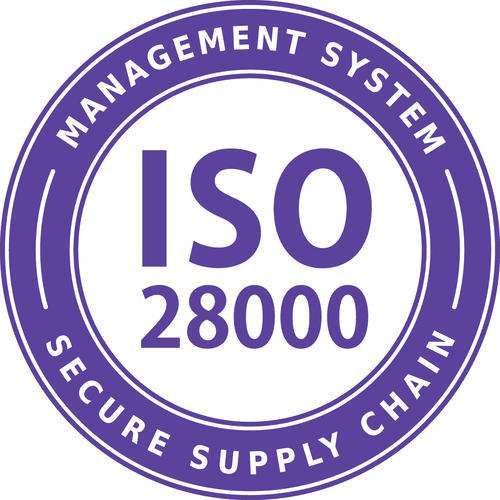
ISO 28000, the supply chain security management system standard, developed in response to industry demand from the transport and logistics industry, aims to improve the overall security of supply chains.
The requirements for ISO 28000 include all critical aspects for supply chain security assurance. Some examples include: financing, manufacturing, information management, and the facilities for packing, storing and transferring goods between vehicles and locations.

If a textile article carries the STANDARD 100 label, you can be certain that every component of this article, i.e. every thread, button and other accessories, has been tested for harmful substances and that the article therefore is harmless in human ecological terms.
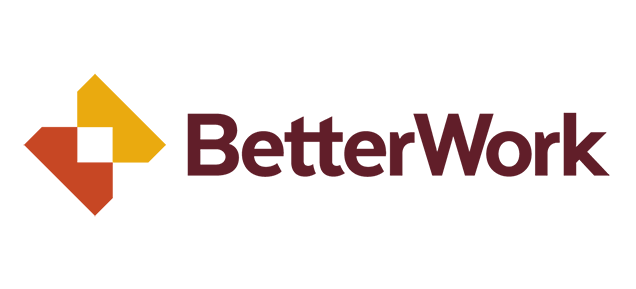
The program assists enterprises improve practices based on core ILO international labour standards and national labour law. It does this with a strong emphasis on improving worker-management cooperation, working conditions and social dialogue. Enhancing respect for labour standards helps enterprises meet the social compliance demands of global buyers, improves conditions for workers, and helps firms become more competitive by increasing productivity and quality. Better Work focuses on labour intensive industries having large numbers of vulnerable workers in developing countries, such as agribusiness, apparel, construction, and light manufacturing. The program is developing both global tools and country level projects.
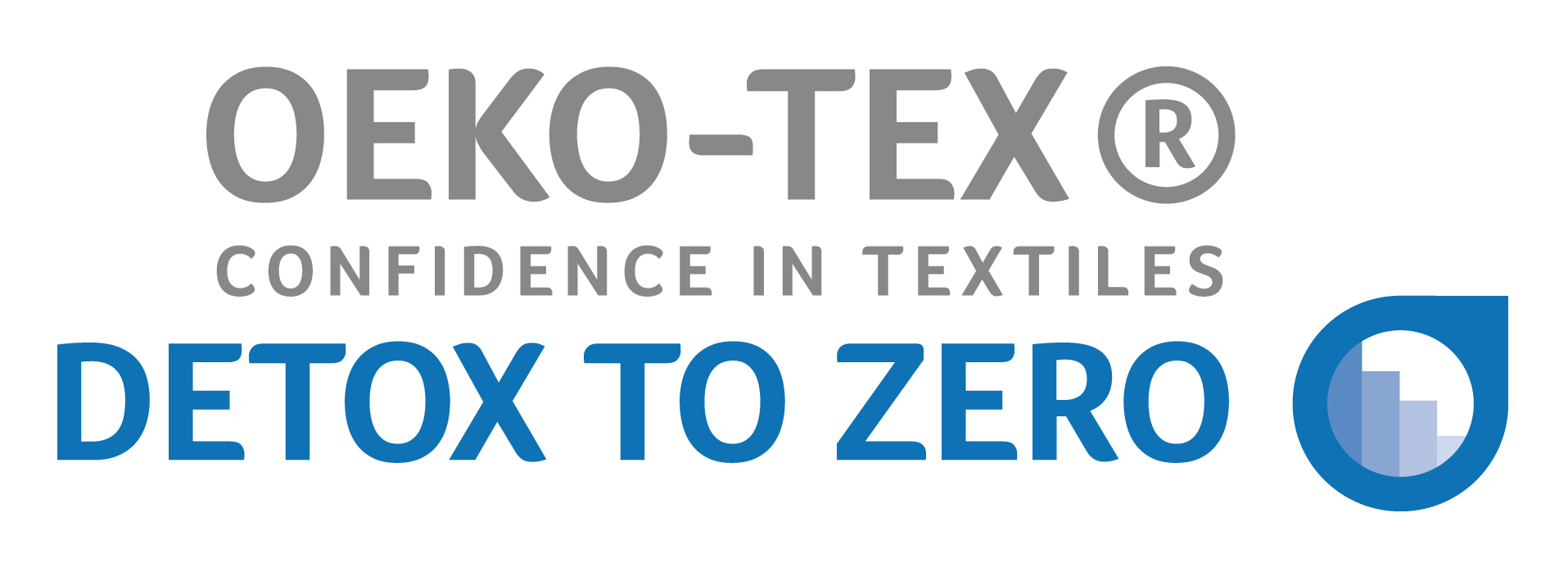
Worldwide Greenpeace campaign launched in 2011for apply on wet process & wastewater to eliminate the use of hazardous chemicals along the supply chain of the textile industry (including all mass production processes) by 2020.
.jpg)
The SQP audit standard was developed by rigorously surveying the requirements of global consumer product brands and retailers. SQP focuses on the consumer product manufacturing industry and covers the textile sectors. The SQP Industry Standard covers the areas of Management Commitment and Continual Improvement, Risk Management Systems, Quality Management Systems, Site and Facilities Management, Product Control, Product Testing and Product Claims, Process Control and Personnel Training and Competency.
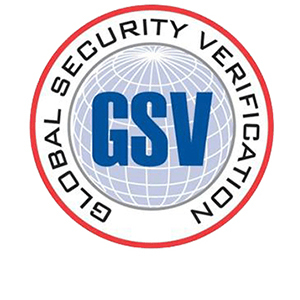
Following the events of September 11, 2001, governments and customs organizations around the world have implemented new supply chain security standards. Global Security Verification (GSV) program employs a cutting-edge methodology for promoting best practices throughout the global trade industry, enabling importers and suppliers to mitigate risks associated with the cross-border transport of goods, while simultaneously expediting their arrival at destination markets. Best practices are achieved through the effective utilization of resources, structured processes and innovation. GSV integrates multiple global supply chain security initiatives, including C-TPAT, PIP and AEO. Their mission is to partner with international suppliers and importers to drive the development of a global security verification process, resulting in increased safety assurance, risk control, efficiency and cost savings for all participants.
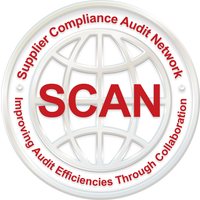
One of the most common complaints made by the international supplier base is the repetition of Supply Chain Security audits. This common complaint brought multiple industry leaders together in September 2014 to identify a strategy that would help reduce the cost and number of supply chain security audits conducted on global suppliers and factories each year. This collaboration led to the creation of a single agreed-upon security audit and sharing platform that would allow importers to conduct and evaluate shared CTPAT compliant supplier and factory security audits. The Supplier Compliance Audit Network (SCAN) was developed to facilitate this strategy and establish an audit sharing platform that would help improve audit consistency, lower audit costs, and reduce audit frequency while maintaining confidentiality. Both US Customs and the CTPAT organization have been introduced to SCAN and have acknowledged the potential benefits of the program. SCAN is comprised of a diverse group of importers both big and small. Member companies may be competitors in the market, but partners in the efforts to improve supply chain security. SCAN is committed to creating a shared supply chain security audit program. SCAN will benefit both the member companies and the global suppliers who participate through fewer audits conducted and increased consistency among supply chain security expectations. This collaboration will lead to lower costs of goods for both parties.